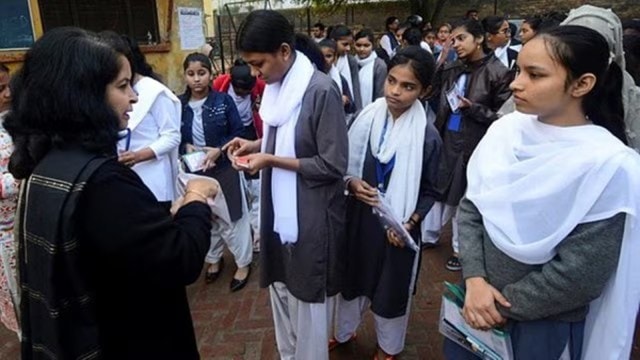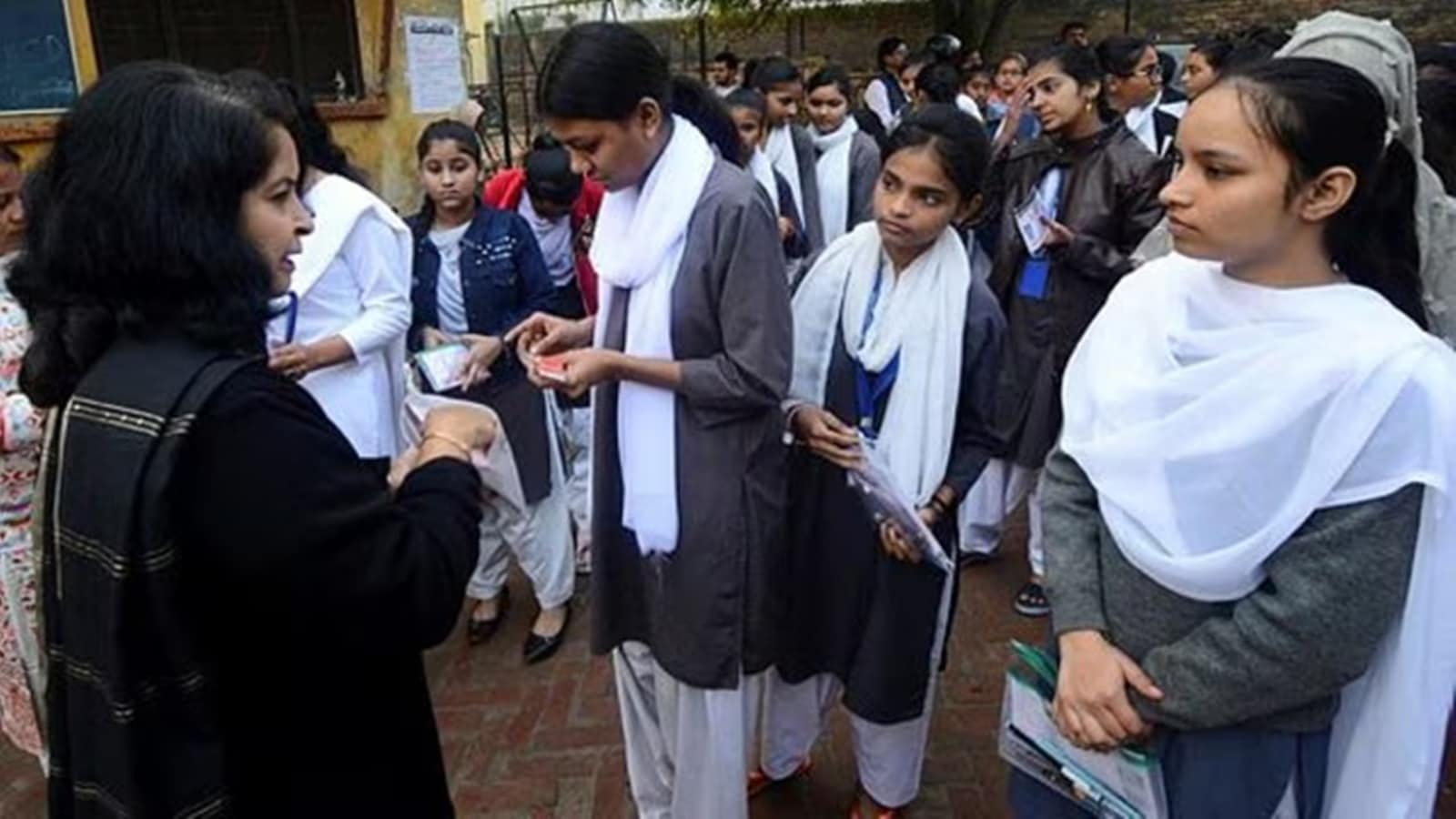
Dec 17, 2024 16:35 IST First published on: Dec 17, 2024 at 16:35 IST
Two roads diverged in the woods, and the path we choose will make all the difference. CBSE is mulling the introduction of two levels each of Social Science and Science subjects at the secondary level. It has been suggested that while the content may remain the same, there will definitely be two kinds of assessment papers – Advanced and Basic. This structure is similar to the existing levels of Mathematics, Maths Standard and Basic. However, this approach has not fully delivered on its promise of providing flexibility in learning. Without careful planning and foresight, there is a real risk of repeating these shortcomings.
All students of Mathematics, whether they opt to write the Standard or Basic Mathematics exam at Grade X level, have to complete the same syllabus and go through the same set of concepts. It expects all students to show similar engagement in class, till the date of Board examination. The only difference between the two is that the final CBSE examination for Basic Mathematics is supposed to be less challenging. It is an academic urban legend that many a Mathematics teachers have advised students to opt for Basic over Standard in the hope of achieving spectacular results. However, this approach often creates roadblocks and limits future opportunities for students who may wish to pursue Mathematics or related fields in the coming years. For example, courses like engineering require the student to have studied core Mathematics in Grades XI and XII. It turns out that this experiment has given rise to unintended challenges.
Over the years, the competency levels between the exam papers of Standard and Basic level have been narrowing. So the experiment seems to be creating more obstacles than removing any. We are aware that students who opt for Basic Mathematics are denied the chance to study Core Mathematics in Grade XI. (One must admit that during Covid years, a relaxation was provided and the students who opted for Basic Mathematics were allowed to study Mathematics in Grades XI and XII. This relaxation still stands.) Hence, the two levels of Mathematics currently offered for Grade X differ only in the final assessment, with everything else remaining essentially the same.
Should we expect a similar scenario in Science and Social Science in the coming years? Will students who opt for Basic Science be barred from pursuing Physics, Chemistry, Biology, or Computer Science in Grade 11? Likewise, will those choosing Basic Social Science be restricted from studying History, Political Science, Economics, or Geography? What options would remain for a student who chooses basic for both?
A central concern with such dual-level systems is that they may shift focus from the learning process to the end assessment. By introducing an easier level, students might be guided to choose a path that prioritises short-term results over long-term understanding and potential. Instead of fragmenting levels, what we need is a comprehensive reimagining of the curriculum itself. A well-designed curriculum can cater to diverse learners while maintaining rigour, ensuring that all students develop foundational skills without compromising depth and breadth.
This becomes especially critical in the shadow of Artificial Intelligence and other technological advancements, which are rapidly transforming the way we learn and assess. The rise of AI necessitates a major transformation in Science and Social Science curricula. Regardless of whether students later specialise in these fields, they must develop a sound understanding of fundamental concepts and their applications.
The obsession with narrow and specialised learners is a troubling trend. Today’s world, with its blurring boundaries between disciplines, demands individuals with wide-ranging, non-siloed understandings. Science and Social Science are no longer isolated fields; they intersect in areas like climate change, public health, and technology policy. If students are funneled into oversimplified tracks early on, they may miss out on opportunities to explore and integrate knowledge across fields.
Many education systems around the world offer dual levels or differentiated tracks in various subjects. However, these systems often come with dedicated curricula, separate learning resources, and tailored instruction for each level. This context highlights a significant opportunity for CBSE to reimagine its approach.
most read
Finally, it is essential to consider the implications of this move on teachers and schools. Differentiated levels require more than just different exam papers; they demand tailored teaching methods, additional training for educators, and resources that align with the varied needs of students. Without such support in place, the risk of uneven implementation looms large, potentially exacerbating the existing disparities.
In conclusion, the CBSE’s proposal to introduce dual levels of Science and Social Science is a step that warrants careful deliberation. While it offers the promise of catering to diverse learners, its success hinges on how thoughtfully it is executed. We also hope for a similar thoughtful implementation for the two levels of Mathematics that already exist for Grades IX and X. As we embrace dual levels, let’s ensure it doesn’t turn into a duel between opportunity and limitation.
Sahil is an education consultant specialising in curriculum design, teacher training, and edtech initiatives. Ahmed is an educator with 16 years of experience teaching in senior schools in the NCR
Why should you buy our Subscription?
You want to be the smartest in the room.
You want access to our award-winning journalism.
You don’t want to be misled and misinformed.
Choose your subscription package


